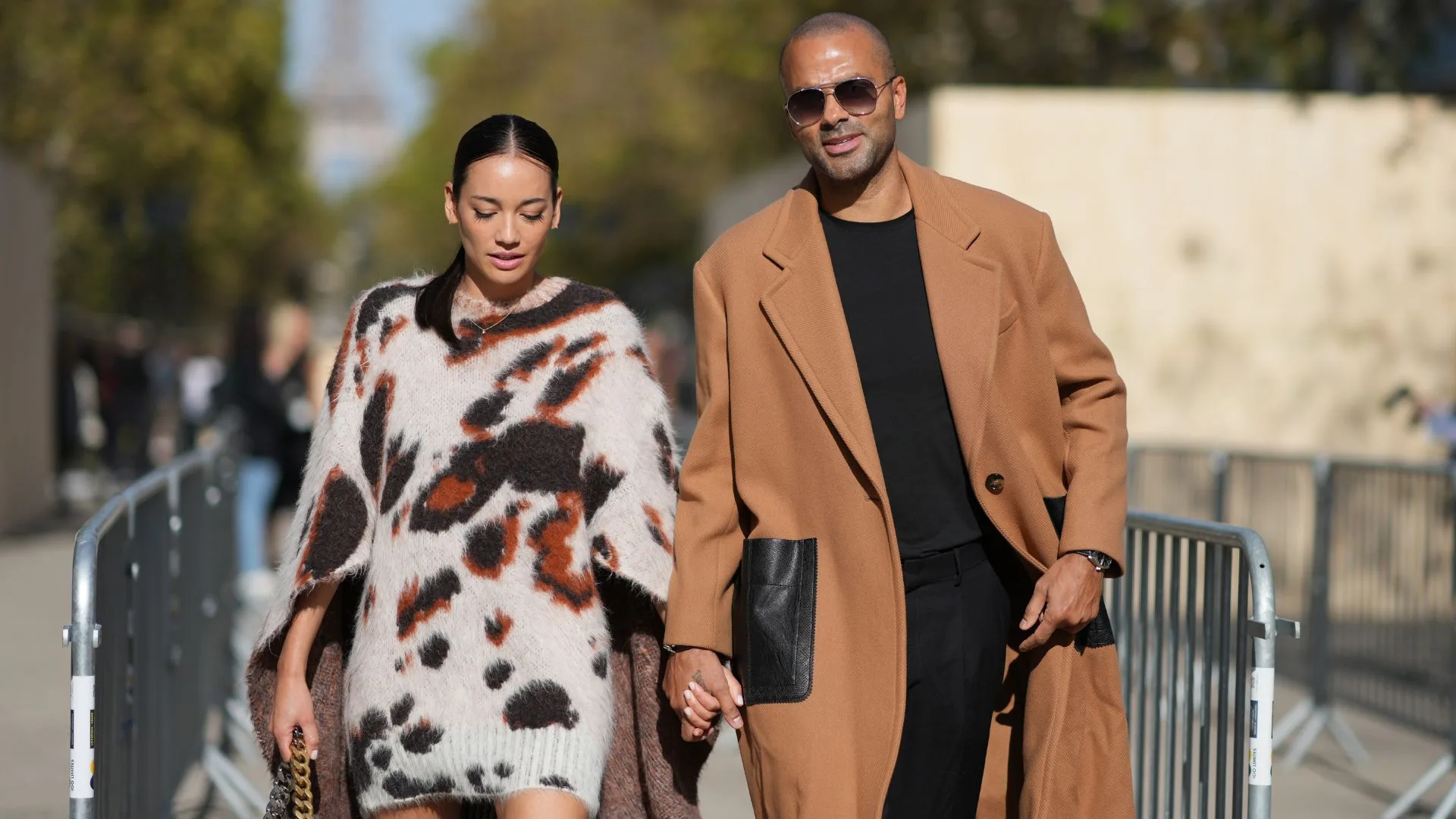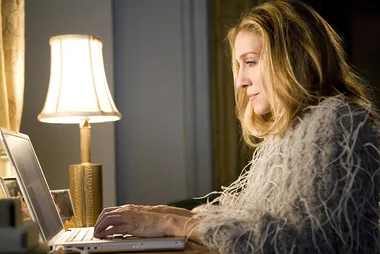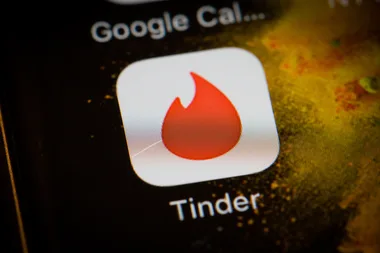Anyone whose attempted dating in the digital era (read: spent hours scrolling unsuccessfully through potential suitors, deleted the app, only to redownload it the following week) will likely have had the same thought cross their mind: how exactly do dating apps come up with their algorithms?
Earlier this week, the CEO of the prominent dating app Hinge went viral for denying that the platform judges its users based on attractiveness.
In an interview with Forbes, Justin McLeod said, “We don’t really have an attractiveness score. For every single person we have [an] individualised taste profile of who you like and who likes you back.”
Confused? You’re not alone. Luckily for us, tech journalist Thomas Germain took to TikTok to debunk McLeod’s statement, and he has our minds collectively blown.

According to Germain, McLeod’s statement is all part of a very clever marketing strategy.
“Tinder used to literally give every user a number that rated how hot they were. But around 10 years ago, they started talking to the press about this, and people got really upset,” McLeod alleged.
As a result of this publicity blunder, he claimed that “the entire dating app industry changed its PR strategy,” giving rise to vague statements like McLeod’s when it comes to explaining how their algorithms work.
Germain went on to allege that “the goal” of apps like Hinge is to keep their users “just a little bit frustrated.” In other words, in order to make money, they want to encourage users to pay for premium features. At the same time, in order to keep people using the app, this strategy is peppered with matches.
“The app is sorting you into different ‘tiers’ of people, and they use something called the Gale-Shapley algorithm,” Germain explained.
“Basically, if a very popular user who gets a lot of likes… ‘likes’ you, that means that you’re attractive enough for that person to give you the thumbs up. Then, the algorithm will give you a little boost and maybe they’ll show you to a super popular user.”

While this might feel a little disheartening for those who feel like the algorithm has been missing the mark, Germain also reminded us it’s not all out of our control.
“It’s important to remember that people are judging your profile, they’re not judging you per se. And your profile is something that’s kind of in your control.”
So if you feel like you’re not coming across soulmate-worthy accounts, it might be worth rejigging your profile. Things like conversation-sparking prompts and a good mix of clear images work well to fine tune your account, in turn encouraging matches, and boosting your standing in the Hinge algorithm overall.



